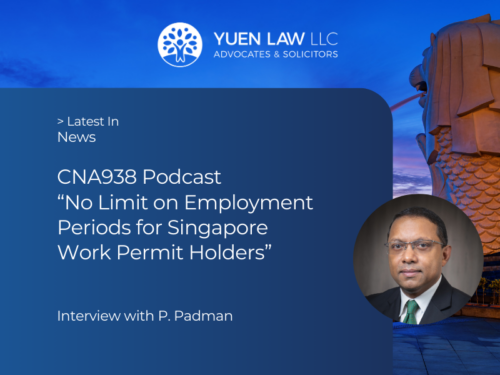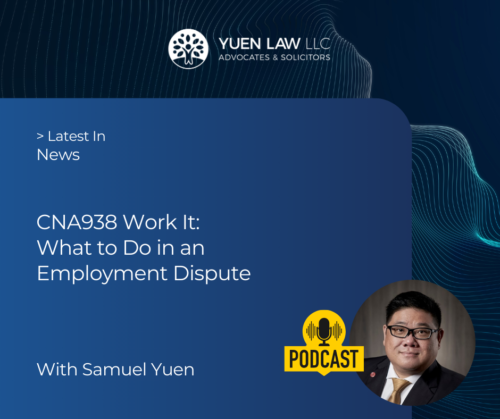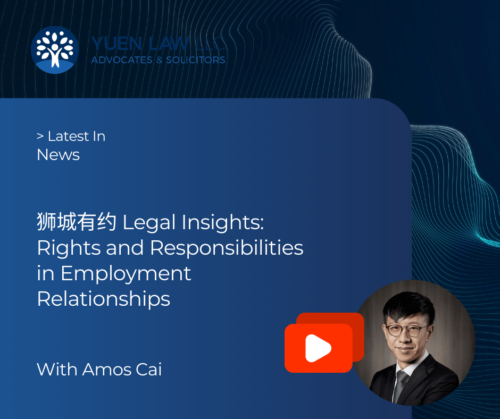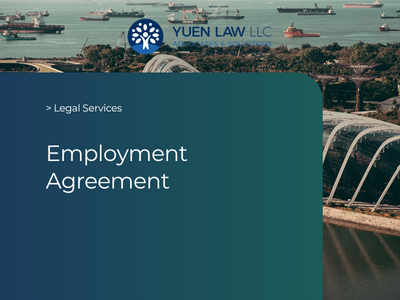Typically speaking, there are 2 ways in which you can consider in order to incentivize your employees, other than marrying off your family members to them: Debt or Equity.
Equity incentivization involves the immediate grant of ordinary shares in the employing company or its subsidiaries, or a future right to purchase the same at a fixed valuation (which is thus ‘contingent’ upon the occurrence of various factors).
Employee Share Option Plan (ESOP)
The Share Option is a contractual right granted to the recipient, for the recipient or his nominees to purchase the ordinary shares of a company at a future date at a valuation that is pre-determined (commonly known as the exercise price). An ESOS may include certain restrictions such as a vesting period, which is a period of time in which the employee is disallowed from exercising the option. An employee may also be restricted from selling or transferring the shares after the option is exercised, for a limited period of time.
Employee Share Award Plan (ESAS)
The Share Award is an outright gift or sale of the ordinary shares of a company at a discounted price, but subject to conditions similar to those set out above for the Share Option.
Differences between a Employee Share Option and an Employee Share Award Plan
The grant of an option does not automatically make the employee a shareholder. The employee only owns the shares when the option is exercised. In contrast, an award of shares does not require an option to be exercised, and the employee will own the shares pursuant to an award (if there is no vesting period). Moreover, since dividends and voting rights attach to shares and not share options, an unexercised option will not usually carry these shareholder rights, unless indirectly guaranteed by the existing shareholders. On the other hand, an exercised award of shares will carry these rights, since such employees will be shareholders.
Share Options are the more ‘flexible’ alternative, as employees can decide when to exercise the option and take up the shares, which is particularly useful if there is a ready market for the shares of the company (for instance, a company listed on the board of a stock exchange). In contrast, an award of shares may be more suited for small or private companies where the shares are less liquid.
For assistance regarding employment in Singapore matters, do contact us to make an appointment.





